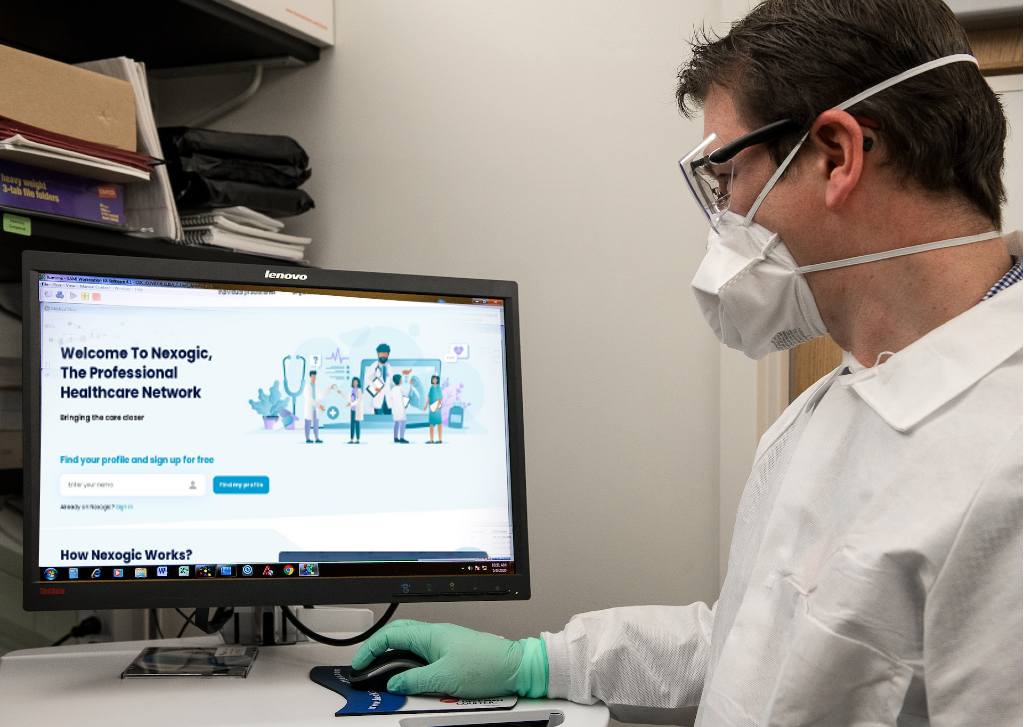Medical Professionals: Expertise and Excellence in Healthcare
- June 25, 2023
- Nexogic

In the ever-evolving field of healthcare, medical professionals play a crucial role in providing expert care and ensuring excellence in patient outcomes. From doctors and nurses to specialists and technicians, these dedicated individuals possess the knowledge, skills, and compassion needed to make a positive impact on people’s lives. In this blog, we will explore the essential qualities and contributions of medical professionals that make them the backbone of the healthcare system.
Specialized Knowledge and Expertise:
Medical professionals undergo years of rigorous education and training to acquire the specialized knowledge required for their roles. They stay updated with the latest advancements in medical science, technologies, and treatment modalities. Their expertise enables them to diagnose and treat a wide range of medical conditions, making informed decisions that lead to improved patient care.
Compassionate Patient Care:
Beyond their technical skills, medical professionals exhibit a deep sense of empathy and compassion towards their patients. They understand the physical and emotional challenges individuals face when seeking healthcare, and they strive to provide comfort, support, and understanding. Medical professionals build trust-based relationships with their patients, actively listen to their concerns, and ensure they are actively involved in decision-making regarding their healthcare journey.
Team Collaboration:
Healthcare is a collaborative field, and medical professionals excel in working as part of a multidisciplinary team. They understand the value of effective communication and cooperation among healthcare providers to deliver comprehensive and holistic care. By collaborating with other professionals, such as pharmacists, therapists, and technicians, medical professionals enhance the quality and efficiency of healthcare delivery.
Critical Thinking and Problem-Solving Skills:
Medical professionals are trained to think critically and make quick decisions in high-pressure situations. They analyze complex medical data, interpret test results, and develop customized treatment plans. Their ability to identify potential risks, evaluate options, and make informed choices is vital in ensuring patient safety and positive outcomes.
Lifelong Learning and Adaptability:
The healthcare landscape is constantly evolving, with new research, technologies, and treatments emerging regularly. Medical professionals embrace lifelong learning and are committed to staying updated with advancements in their respective fields. They participate in continuing education programs, attend conferences, and engage in research to enhance their knowledge and skills. Their adaptability enables them to navigate changes in healthcare policies, procedures, and technologies while delivering the best possible care to their patients.
Advocacy for Patient Welfare:
Medical professionals are advocates for their patients, ensuring their voices are heard and their rights are protected. They prioritize patient welfare and strive to provide equal access to healthcare services, regardless of socioeconomic backgrounds or cultural differences. They play an essential role in educating patients about preventive care, lifestyle modifications, and disease management, empowering them to take control of their health.
Leadership and Innovation:
Medical professionals often assume leadership roles within healthcare organizations. They drive innovation, implement evidence-based practices, and contribute to the development of new treatment protocols and guidelines. Their leadership extends beyond patient care to mentoring and inspiring the next generation of medical professionals.
Commitment to Ethical Standards:
Medical professionals adhere to stringent ethical standards, ensuring patient confidentiality, privacy, and informed consent. They prioritize the well-being of their patients above all else and maintain the highest level of professionalism and integrity in their interactions.
Conclusion
Medical professionals are the backbone of the healthcare system, combining their specialized knowledge, compassionate care, collaborative skills, critical thinking abilities, and commitment to lifelong learning. Their expertise and excellence contribute to the well-being and improved health outcomes of countless individuals. As we acknowledge their invaluable contributions, let us express gratitude and appreciation for the medical professionals who dedicate their lives to the noble cause of healing and caring for others.


